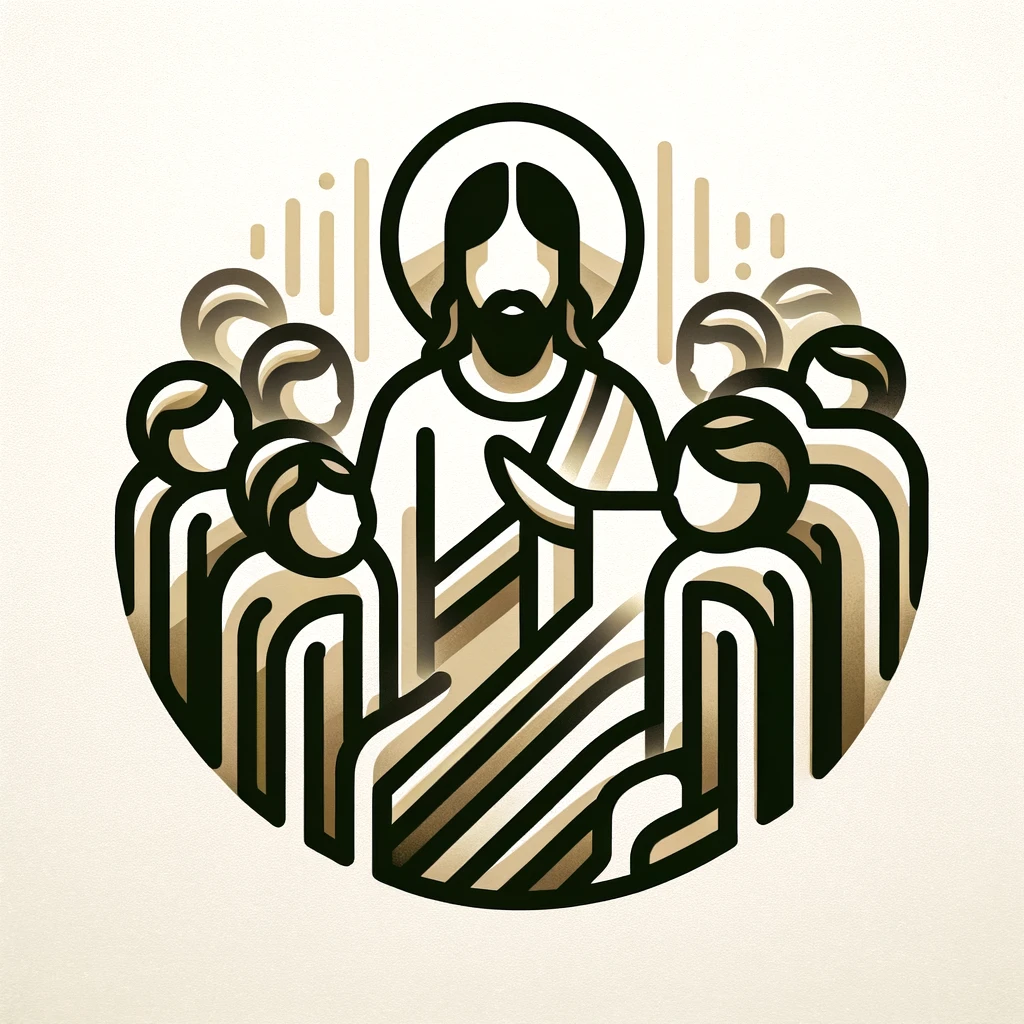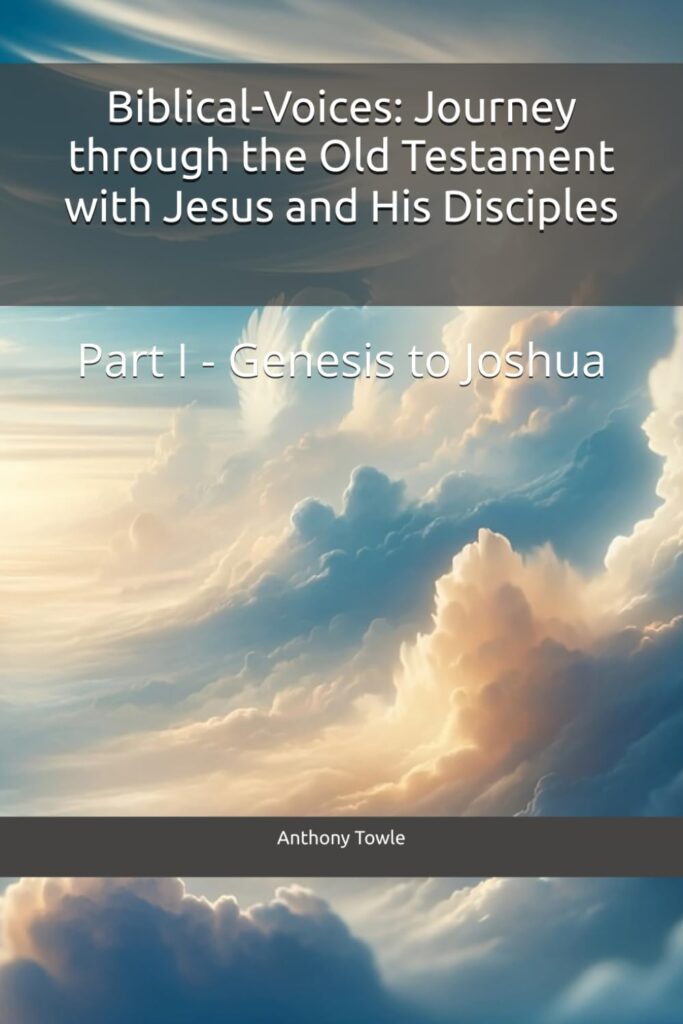Jesus: Gather around, as we delve into the teachings of the Scriptures. Today, let’s ponder upon Genesis 9:4, a verse that speaks to the covenant and laws given to Noah and his descendants after the flood. It says, “But flesh with the life thereof, which is the blood thereof, shall ye not eat.”
John: Master, what does this commandment signify for us?
Jesus: John, this verse is foundational, marking a moment when God sets apart the lifeblood of creatures from their flesh as something sacred. The life, represented by blood, is not to be consumed. This command was given to Noah, extending to all his descendants, as a sign of respect for the sanctity of life that God has created.
Peter: So, it’s about more than just a dietary law?
Jesus: Precisely, Peter. While on the surface, it appears as a directive regarding what is permissible to eat, its depth reaches into the respect for life itself. By abstaining from consuming blood, one acknowledges that life is a gift from God, and we must honor it in all its forms. This command teaches us to live in harmony with creation, recognizing the divine breath that animates all living beings.
Matthew: How does this relate to us in our faith and practice today?
Jesus: Matthew, this principle guides us to treat all of God’s creation with reverence. In our faith, it’s a call to remember the sanctity of life and to extend our respect and compassion to all living things. It also foreshadows the deeper spiritual truths revealed through the New Covenant, where life and blood take on profound significance in the act of redemption. It’s a reminder of the covenant relationship between God and His people, emphasizing the respect for life that should permeate every aspect of our lives.

